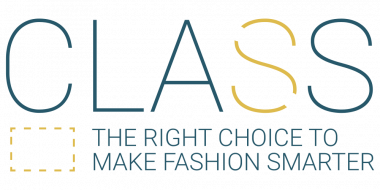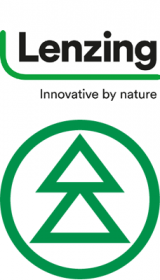Borealis: Innovative Recycling Solutions with Renasci N.V.
- Borealis deepens partnership with innovative recycling solutions provider Renasci N.V., acquiring a 10% minority stake in the Belgium-based creator of the Smart Chain Processing (SCP) concept
- Deal supports Borealis integrated approach to achieve a true circular economy of plastics in the most eco-efficient way, as defined by its circular cascade model
- EverMinds™ in action: Game-changing collaboration to accelerate plastics circularity
Borealis announces that it has entered into a multi-dimensional partnership with Renasci N.V., a provider of innovative recycling solutions and creator of the novel Smart Chain Processing (SCP) concept. The partnership is another key enabler for Borealis to realise its ambitions to bring circular base chemicals and polyolefins to market, and to deliver on its promise to bring 350 kilotons of recycled polyolefins into circulation by 2025.
SCP concept leaves no waste behind
The SCP concept developed by Renasci is a proprietary method of maximising material recovery in order to achieve zero waste. It is unique because it enables the processing of multiple waste streams using different recycling technologies – all under one roof. At the newly-built Renasci SCP facility in Oostende, Belgium, mixed waste – plastics, metals, and biomass – is automatically selected and sorted multiple times.
After sorting, plastic waste is first mechanically recycled, and then in a second step any remaining material is chemically recycled into circular pyrolysis oil and lighter product fractions, which are used to fuel the process.
Other types of sorted waste such as metals and organic refuse are further processed using other technologies. In the end, only 5% of the original waste remains, and even this residual material is not landfilled, but used as filler in construction materials. Because of this extremely efficient way of processing, the overall CO2 footprint of these waste streams is greatly reduced – yet another advantage of the circular SCP concept.
The cascade model is Borealis’ integrated circular approach
Borealis circular cascade model sits at the heart of its ambition to achieve a truly circular economy, by combining carefully chosen technologies in a complementary and cascading way to achieve full circularity. In this way, Borealis aims to give plastic products multiple lifetimes in the most sustainable way possible. Starting with optimising product design, first for eco-efficiency, then for re-use and finally for recycling. Once a product has reached its end of life, we must close the plastics loop: first with mechanical recycling to make products with the highest possible value, quality and lowest carbon footprint; then utilising chemical recycling, as a complement to mechanical recycling, to further valorise residual streams which would otherwise go to incineration, or even worse to landfills. The valorised material from mechanical and chemical recycling is then processed with Borealis Borcycle™ recycling technology consisting of Borcycle M for mechanical recycling and Borcycle C for chemical recycling, providing high quality solutions for more sophisticated applications, such as food packaging and healthcare.
The SCP concept is aligned to Borealis’ ambition to close the loop on plastic waste as encapsulated in its circular cascade model.









